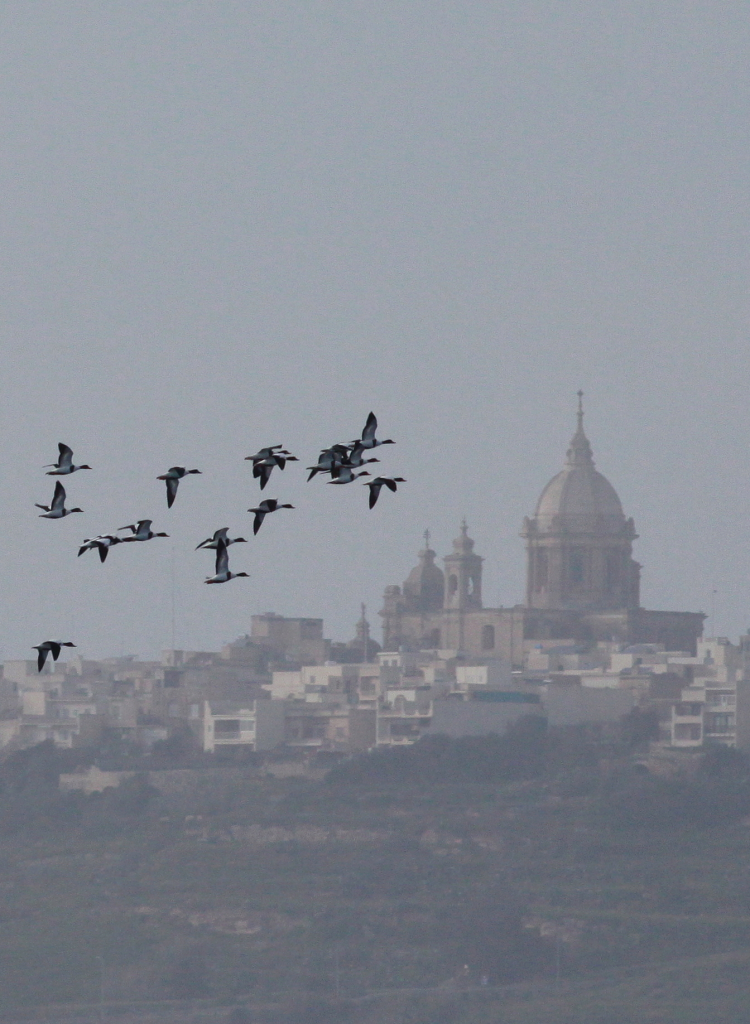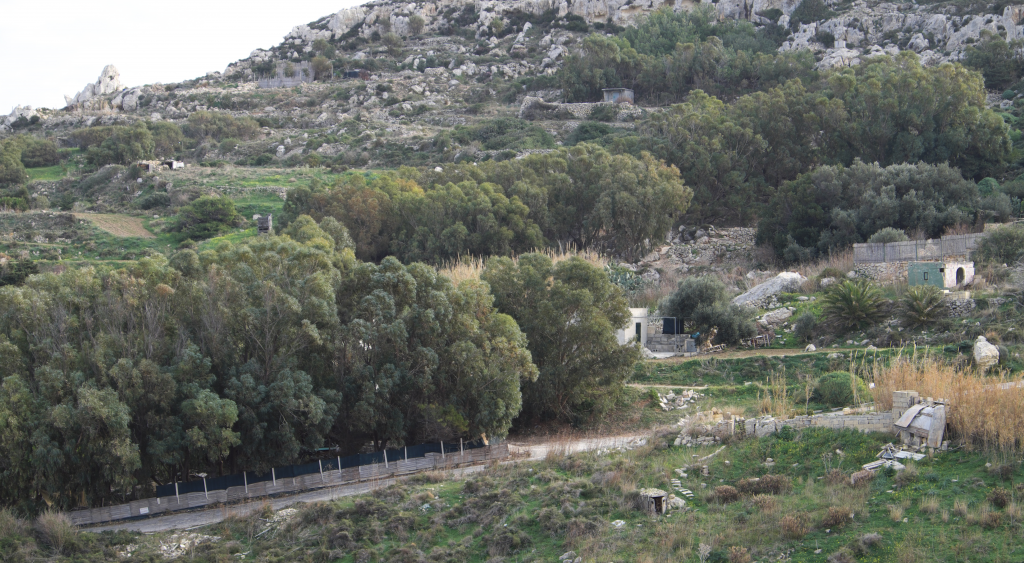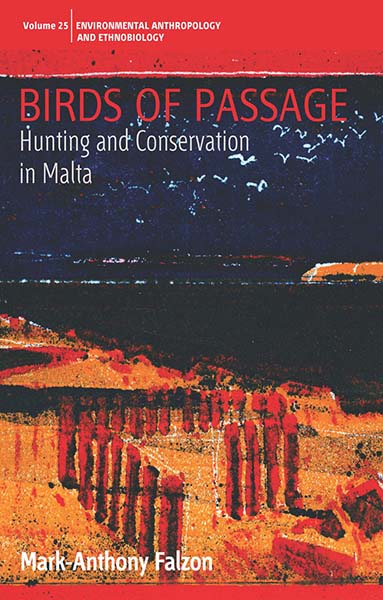Mark-Anthony Falzon
My interest in, and love for, nature go back to my early childhood. There was something Victorian about the books I read on butterflies: they contained descriptions and beautiful illustrations of (British, usually) species, but they also taught you how to catch butterflies, kill them using potassium cyanide, and set them on mounting boards. I wondered why our local chemists would not supply me with potassium cyanide, and experimented with alternative methods. My butterfly collection became a source of mounting unease in my teens, when I joined two societies for nature and bird conservation. I realised that, while both were rooted in the same passion, collecting and conservation could be hard to reconcile. By the time I joined the Malta Ornithological Society (now Birdlife Malta), I knew which side I was on. I wrote angry missives to the press, joined street protests and did everything I could to thwart the murderous designs of Malta’s thousands of hunters.

The certitudes of a young bird protectionist were unsettled much later by anthropology. It taught me to question the essentialisms of nations, small islands and the Mediterranean. The standoff between hunters and protectionists was no longer a battle between good and evil, but a shifting faultline in a geography of politics and social contestations. Perhaps most importantly, hunting was not necessarily a regressive habit of men afflicted by an incurable machismo. While I still think that birds make more sense alive than they do dead, I can see the point.
This book is the result of several years of fieldwork with hunters and protectionists in Malta. I joined hunters in the field, birdwatched, planted trees in nature reserves, spent mornings counting shots and filming hunters with volunteers from Birdlife International and CABS (Committee Against Bird Slaughter), attended policy meetings, and kept a daily journal of hunting in the press. Whenever I could, I also talked to hunters in other Mediterranean islands, notably Lampedusa and Chios. One of the common threads was a reliance on migratory birds as game, and their conservation as a mobile transnational object. Indeed, migration is is one of the key themes of the book.

My work explores four areas in depth. First, I draw on the experience of being in the field to try to understand how the passion for hunting (called ‘namra’ in Maltese) is produced and practised. Its mirror image is, of course, the passion that all conservationists and bird protectionists in particular feel for nature and birds. While hunting (in Malta) is popularly embedded in the facile narrative of Mediterranean masculinities, conservation is thought to emanate from a cosmopolitan appreciation of nature. Second, I trace the genealogies of hunting and conservation movements in Malta to make a point about highly divergent lineages which ultimately converge, in highly contested and politicized ways, on the object: the migrating bird. Third, I look at the making of place. Hunters in Malta routinely tap into migratory ‘leading lines’, and they also seek to transform their patch into ‘pulling land’ that attracts migrating birds. For their part, protectionists work to align specific places with the globalizing language of conservation value; the paragons of this alignment are bird reserves and ‘important bird areas’. Finally, I discuss some of the ways in which the European Union, among other supranational actors, has changed the landscape of hunting and conservation in Malta. Multilevel governance, lobbying, discourses of sustainability, and in particular quantitative science are key themes in my analysis.
For his escape, the Little Prince famously took advantage of the migration of a flock of wild birds. The drift of this book is that, even as they escape, migratory birds find themselves ensnared in the individual and social projects of located human groups.
Mark-Anthony Falzon is a social anthropologist at the University of Malta and a Life Member of Clare Hall, Cambridge. His publications include Cosmopolitan Connections: The Sindhi Diaspora, 1860-2000 (OUP-India, 2005) and Multi-sited Ethnography: Theory, Praxis and Locality in Contemporary Research (Ashgate, 2009).
ABOUT THE BOOK
BIRDS OF PASSAGE
Hunting and Conservation in Malta
Vol. 25, Environmental Anthropology and Ethnobiology
Bird migration between Europe and Africa is a fraught journey, particularly in the Mediterranean, where migratory birds are shot and trapped in large numbers. In Malta, thousands of hunters share a shrinking countryside. They also rub shoulders with a strong bird-protection and conservation lobby. Drawing on years of ethnographic fieldwork, this book traces the complex interactions between hunters, birds and the landscapes they inhabit, as well as the dynamics and politics of bird conservation. Birds of Passage looks at the practice and meaning of hunting in a specific context, and raises broader questions about human-wildlife interactions and the uncertain outcomes of conservation.
Read the Introduction

